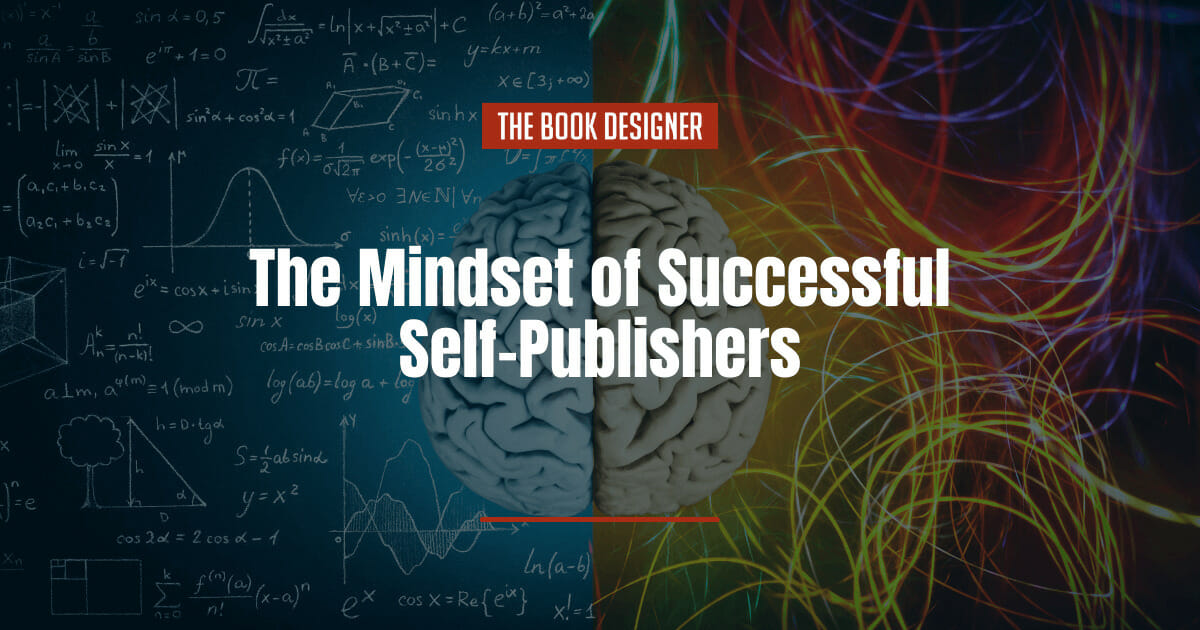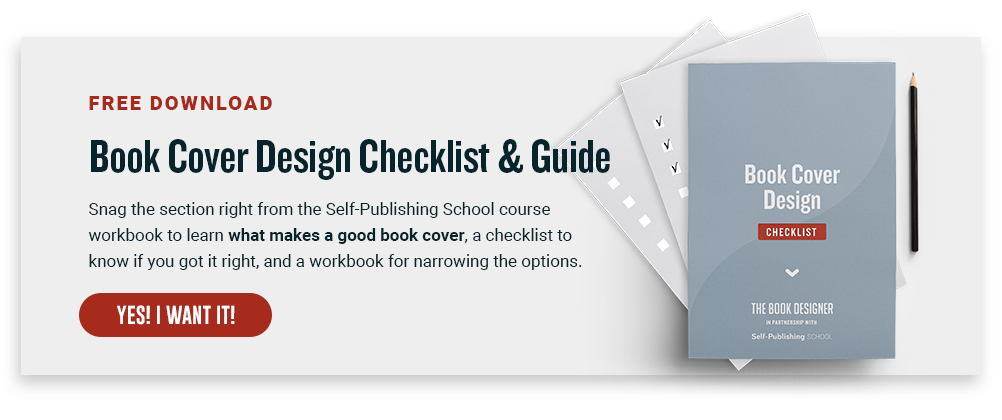Mindset—yours may be important in determining whether you’ll be among the successful self publishers out there, or whether you’ll struggle, never quite getting where you want to go.
What is a mindset? Well, it’s kind of like an attitude, or a whole series of attitudes around a particular topic.
When we go into a new field, we’re naturally sensitized to notice lots of things we might never have paid attention to before, and this can happen in both significant and mundane parts of life.
For instance, maybe you just bought the latest Volvo sports car. All of a sudden, when you’re looking at the paper, driving on the road, talking to friends, you’re going to become aware of Volvo sports cars.
“Hey, there goes one. I didn’t realize there were so many. I’m seeing them. I’m waving at them!”
In other words, this has become a meaningful object to me and so I start to react to it when I see it in my environment. Not only that, but it seems like all of a sudden there are Volvos everywhere, when I never noticed them before. How did that happen?
The same mechanism comes into play in self-publishing, and can play an important role in your success. If we have the right attitudes in our mindset when it comes to self-publishing, the world is going to look like a big, glorious opportunity.
If you want to be among the ranks of successful self publishers, you need to focus on your mindset:
3 Aspects of the Successful Self Publisher’s Mindset
We are complex, and each of us is a mix of lots of characteristics. When we focus on a specific task or field of work, the attitudes and experiences we’ve had in that field become active.
Within those attitudes, in the self-publishing mindset here are 3 traits that many successful self publishers share (and one bonus at the end):
- Experimental
- Opportunistic
- Self-directed
Let’s look at each of these traits and see what it can tell us about this mindset that can be so influential.
Experimental
Let’s face it: every self-published books is pretty much an experiment right from the start.
We don’t know how it’s going to come out, we don’t know if readers will appreciate it, the whole enterprise is very uncertain.
Successful self publishers will experiment when there’s a new technology, a new service, or some new way to deliver their content to readers.
Having an experimental mindset can take many forms.
- Trying a different format for your book, one that readers might like better, or which will open up your market to new possibilities.
- Changing or updating your book cover to see if you can target your readers even better than you already are doing.
- Adjusting the price, either upward to capture more profit, or downward, to capture more buyers. Some books, especially instructional nonfiction, can sometimes sell more copies at a higher price than they will at a lower price. Without experimenting, how will you know?
- Opening new markets that you haven’t approached before, to see if there are untapped audiences who would like your work.
- Incorporating new technology in your books and ebooks to take advantage of the mix of physical books and digital ones.
- Using your book as the template for a training course, a webinar, or a workshop, further monetizing your work.
It seems there’s always something we could do better, and experiments are often how we find the things that will really make a difference.
Opportunistic
Successful self publishers are famous for one thing: we always have copies of our book with us, we never go out without one or two copies in a purse, backpack, or attache case.
If we were to walk out to my car right now, you’d see I’ve got dozens of copies of A Self-Publisher’s Companion in my car. After all, there’s no telling when you might run into somebody who’s really interested in your book. You want to be able to hand them one, don’t you? Or even better, sell them one. That’s also part of being a self publisher.
As successful self publishers, we are open to opportunities that present themselves because we have the ability to actually do something with those opportunities.
Being a writer, a content creator, and knowing how to move the products of our invention into the marketplace means that we can capitalize on things like:
- rising public interest in a personality,
- a fad or craze that sweeps through the population,
- an area of a market that no one has addressed yet,
- a new innovation in your field, or
- a need that’s being poorly met by the books or other information products currently available.
For instance if you write about sports and you find out there’s a big sporting event that’s scheduled to come to your community, you might see that as an opportunity to capitalize on the waves of promotion that will lead up to the event.
We can get projects like this out very quickly because we’re doing it ourselves. I just talked to an author who is about to launch a book, and when she sent me the cover I realized instantly that her book—assuming that she’s done a good job with the material and markets it well—is almost guaranteed to be a success, because it addresses a need many people have, yet there is no other book on this subject available.
At a pitchapalooza I was helping to judge, one of the books that created the most interest was about tree pruning, because the only other book on this specific subject was over 20 years old. There are lots of examples like these in self-publishing.
Looking for these opportunities is part of how entrepreneurial self publishers think. They look for the opportunities and if they find one, they jump on it quickly.
Maybe there’s a new social media site, and a lot of interest but not very much in the way of good quality information on how to make the most of it.
An entrepreneurial self publisher will study the site, write a guide book about it and publish it quickly. That’s what I mean by opportunistic—being tuned in to new opportunities in your market and being ready, willing, and able to take advantage of them.
Self-directed
The third aspect of the successful self publisher’s mindset is being self-directed. Self-publishing is really good for people who are independent.
I mean people who are “self-starters” who don’t need somebody to hand them a list of tasks. They have plenty of drive along with the ability to organize themselves at least well enough to accomplish goals on a project—like a book—that may take months or years to bring to fruition.
Lots of self publishers have day jobs, but they might have a desire to run things themselves. Some are self-employed, and those people already know quite a bit about getting things done under their own power.
The promise of being able to work at something you enjoy, to even make a good living at it, is enough to keep some authors motivated and actively moving forward.
They don’t need a boss to tell them, “Hey, you’ve got a deadline on Thursday!” No, they are hyper-aware of that deadline because as a self publisher they aren’t going to miss the opportunity, whatever it is.
The Holistic View
Think about these things:
- being open to experiment,
- looking for and jumping on opportunities
- being able to direct yourself
One thing I might add to this list is optimism. Maybe I’m wrong but I think you have to be something of an optimist to do well at self-publishing.
How else can you get through the huge amount of work that it’s going to take to bring your publishing projects to completion? Or put in all that time on social media building an author platform to help you market your books?
Putting a lot of work in and expecting to get a positive result out seems to me to be a sign of optimism. So ask yourself: Are you experimental, opportunistic, self-directed, and perhaps even optimistic? If so, you’ve got a great self-publishing mindset.
Remember that we don’t want to get into the negative thought patterns that can try to take over our mindset. They are not going to do us any good. If you think that your project is going to fail, let me tell you something: It probably will fail because that’s kind of a self-fulfilling prophecy.
If you can maintain your energy, keep yourself up, remain open to opportunities, be experimental, you’re going to do much better with the same book.
Maybe we could look at this mindset study as something of a “secret sauce” that will help us understand how we can put our own attitudes into play to make the most of the incredible opportunities open to writers today.
Note: This post was originally written by Joel Friendlander and has since been updated.




